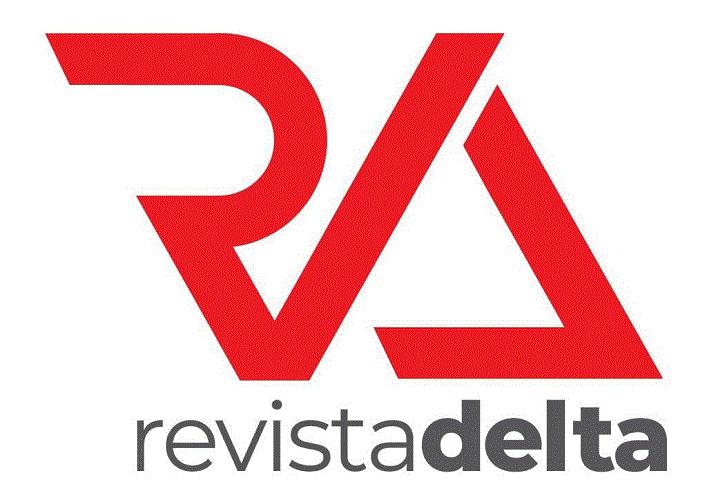ABSTRACT
Marilda do Couto Cavalcanti’s research represents a milestone in the language sciences in Brazil. In addition to her contribution to the construction of applied linguistics as a field of studies (Cavalcanti, 1986), her investigations alongside her collaborators gave visibility to bilingualism and the political demands for bilingual education in minority and minoritarized contexts in the country (Cavalcanti, 1999). Although linked to another context of debates, namely, the proliferation of bilingual Portuguese-English schools in Brazil, the recent publication of the National Curriculum Guidelines for Plurilingual Education (Conselho Nacional de Educação, 2020b) indicates the consolidation of debates around this thematic, but also contradictions that permeate the very ideas of bilingualism and bilingual education in the Brazilian context. Taking as inspiration the meta-theoretical and meta-methodological reflections of Cavalcanti (2006), this article seeks to produce a critical evaluation of this document and discuss perspectives for an expanded linguistic education, both in teacher education and in other formal and non-formal educational spaces (Cavalcanti, 2011 and 2013) that could respond to contemporary Brazilian educational needs.
Keywords:
Language-in-education policies; educational linguistics; bilingual education; National Curriculum Guidelines for Plurilingual Education.
